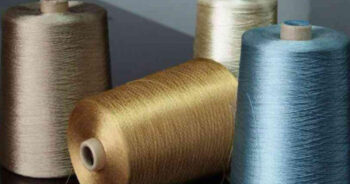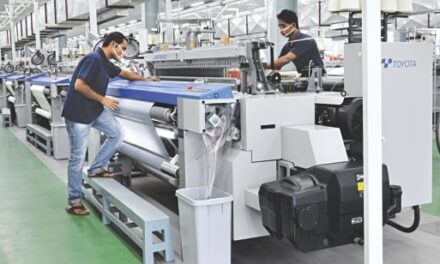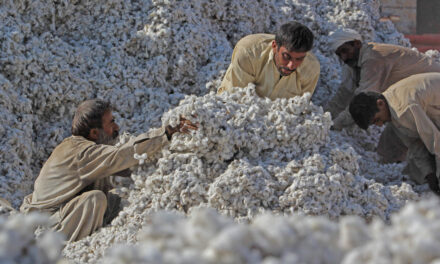 With the Directorate General of Trade Remedies (DGTR) submitting its final proposal to impose Anti-Dumping Duty (ADD) on Viscose Rayon Filament Yarn (VFY) imported from China PR, industry leaders fear that more than 50,000 weavers could be forced to cease operations, leaving thousands of migrant workers jobless in the city.
With the Directorate General of Trade Remedies (DGTR) submitting its final proposal to impose Anti-Dumping Duty (ADD) on Viscose Rayon Filament Yarn (VFY) imported from China PR, industry leaders fear that more than 50,000 weavers could be forced to cease operations, leaving thousands of migrant workers jobless in the city.
This decision, which is seen as protecting domestic interests, is poised to disrupt the largest man-made fabric (MMF) manufacturing centre in the country. Surat’s textile industry, known for its vibrant powerloom sector, is grappling with concerns over the scarcity of high-quality VFY imports from China.
The ADD on VFY is expected to cause a significant price hike for domestic manufacturers, particularly in the powerloom sector, with anticipated increases ranging from Rs 40 to Rs 80 per kilogram of VFY. This places substantial strain on an industry that relies heavily on these imports to sustain its operations.
Critics argue that the imposition of ADD is unfairly favouring large domestic players, such as Grasim Industries Limited, at the expense of smaller businesses and weavers. A prominent leader in the powerloom sector highlighted the importance of high quality VFY for Surat’s textile industry. He explained that over 4,700 hi-tech Airjet machines operating at 1,000 RPM are dependent on these imports, which are not readily available within India.
The DGTR’s decision stemmed from an application submitted by the Association of Man Made Fibre Industry Limited and Grasim Industries Limited, requesting an anti-dumping investigation into VFY imports from China PR. This move has sparked concerns that the closure of powerloom units in Surat may result in substantial losses for banks, as weavers have often borrowed significant sums to install expensive Airjet machines. Defaults on loan repayments could become a pressing issue if weavers are unable to meet their obligations due to business closures.
Industry sources anticipate that the ADD on VFY will inflate fabric prices by nearly 25% in the domestic market. VFY fabrics are widely used in high-end garments and enjoy substantial demand both in India and abroad. Importers already grapple with a 5.5% basic customs duty on VFY, and the ADD will only add to their financial burden.
According to sources, Surat weavers require approximately 10,000 metric tons of VFY per month, while the domestic yarn capacity stands at around 5,000 metric tons. The ADD’s implementation is expected to create a significant shortage of quality VFY in the domestic market, which could severely impact Surat’s textile industry. The city is bracing for a challenging period ahead as stakeholders await the final decision on the proposed ADD.








